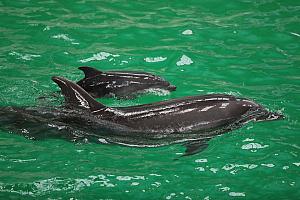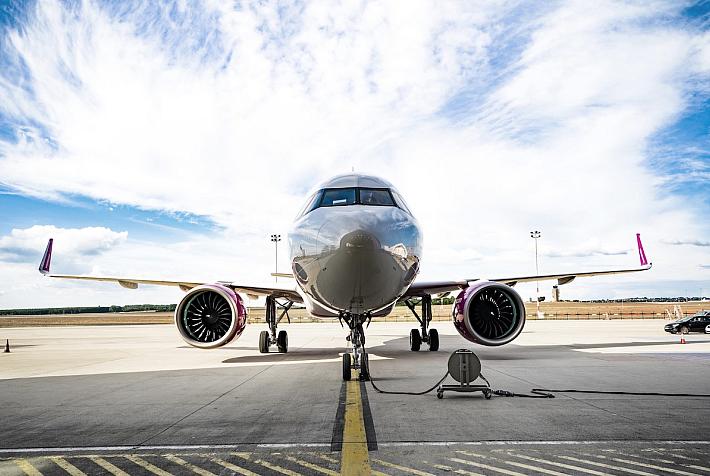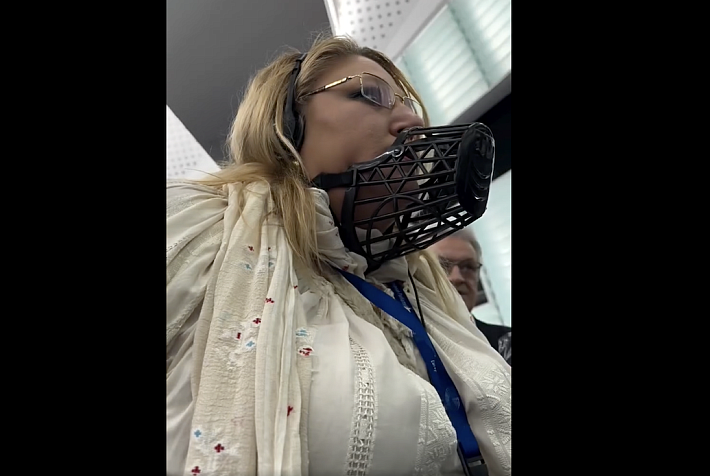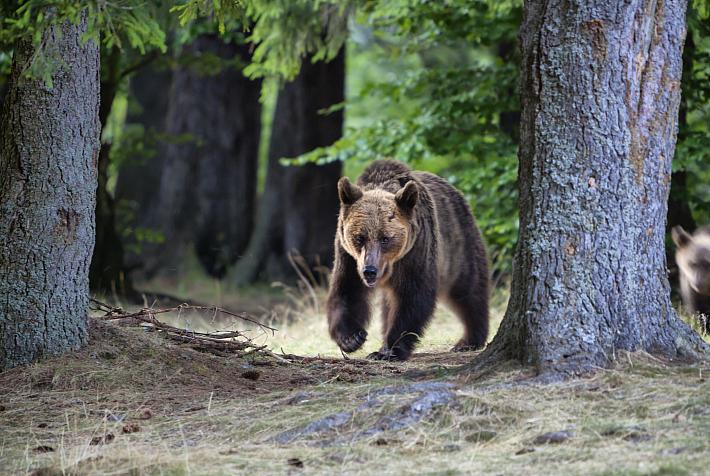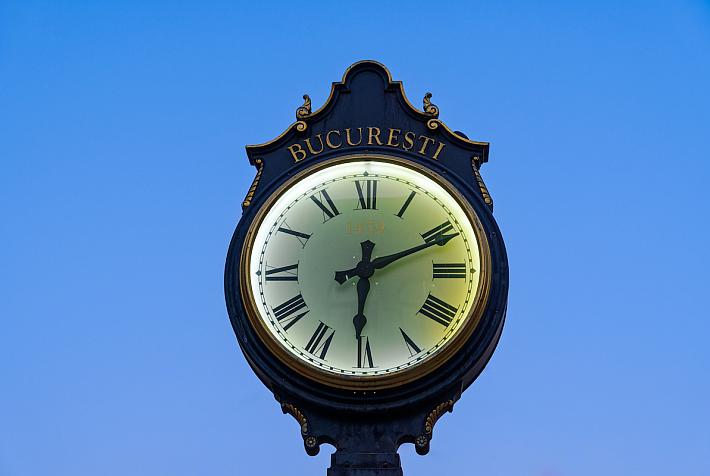First dolphin calf born in captivity in Romania dies
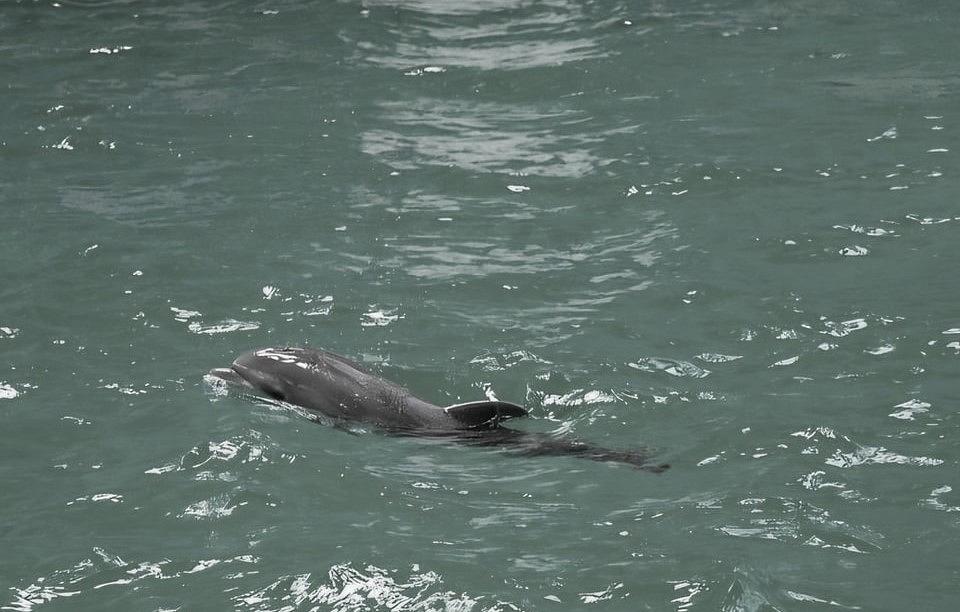
Baby, the first dolphin calf born in captivity in Constanța, Romania, died on Monday, July 22, as reported by the city's dolphinarium in a Facebook post.
The calf, born four months ago, died suddenly due to “acute damage to vital organs (primarily the lungs and liver),” explained representatives of the dolphinarium. The condition most likely had a genetic component, according to the experts.
Baby's parents came from different areas but were of the same species, Tursiops Truncatus Gilly.
The dolphinarium added in its post that marine mammal calves born in captivity have a low survival rate.
According to the British NGO Whale and Dolphin Conservation, dolphins are among the few species that live shorter lives in captivity than in the wild. On average, captive dolphins live about 13 years, whereas their life expectancy in their natural habitat ranges from 30 to 50 years.
According to the International Humane Society, cited by Info Sud Est, there are two main reasons why dolphins struggle in captivity: reduced space and the disruption of social bonds characteristic of the species.
In the wild, a dolphin can swim up to 150 km in a single day, and this physical activity is crucial for maintaining their health. Circular swimming in an aquarium over short distances is insufficient and can lead to various physical problems, from obesity to digestive issues and muscle atrophy.
The social component is also a major factor. Dolphins live in large families and form strong, lifelong emotional bonds. In captivity, the dolphin is separated from its family, then placed in an aquarium with unrelated dolphins, and may experience isolation, leading to issues like depression. The low quality of life these animals endure in captivity is also reflected in their life expectancy.
(Photo source: Delfinariu Constanta on Facebook)







